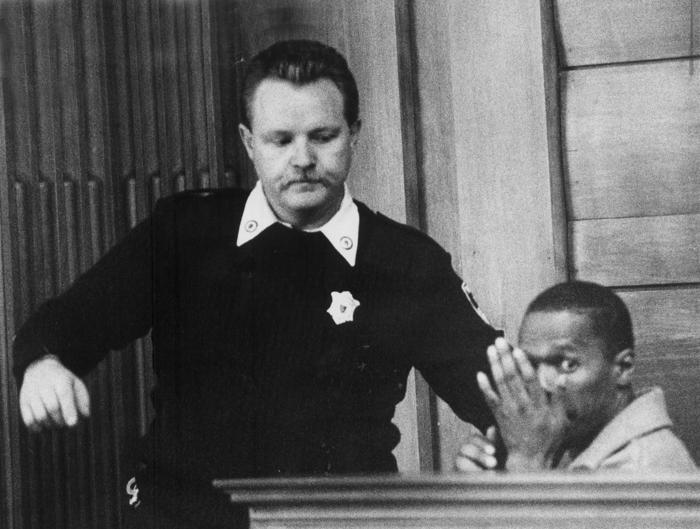By Alexa Faria
Staff Writer
 At some point in life, everyone will have to cope with loss. The way a person copes with loss often varies, and sometimes one may even attempt to avoid the grieving process as a whole.
At some point in life, everyone will have to cope with loss. The way a person copes with loss often varies, and sometimes one may even attempt to avoid the grieving process as a whole.
One grieves over the loss of something that they consider valuable; it can be losing a photograph in a fire, or something as tragic as losing a parent. People grieve over many things, in many different ways.
Dealing with loss can be an extremely devastating and frightening experience. Grief is inevitable because people are not created to live forever. Living and dying are both natural processes, yet memories and emotional relationships make things like death difficult to accept. Other factors in life interfere that cause loss as well.
The ideal cycle of life gives a human the expectation that they have on average 75 years to live. Then factors such as illness and tragedy occur which can decrease that expected 75 years significantly.
A child never wants to lose a parent, the same way that a parent never expects to lose a child; unfortunately not all individual experiences can be controlled. These tragedies are devastating, and they are unfair. When these events occur, grief is soon to follow.
There is not an appropriate time period that someone should be grieving for. Everyone copes with loss differently; some people can cope easier than others. The way someone reacts is entirely dependent on that person, and the relationship they had with the item of value or person that they have lost.
While it is extremely difficult, it is important to acknowledge the loss because avoidance only prolongs the healing process. It is also important to have support during this time.
People are not always open with their emotions, which is completely expected and understandable. But it is important to know that hiding emotions during this time is not necessary. In fact, there are numerous emotions one may feel.
According to the Kubler-Ross Model there are five stages of grief that someone may experience with the ultimate goal of acceptance. These stages are not always experienced in the same order, and sometimes steps are skipped. There is not a specific time frame; it is solely dependent on the person and how well they work through these stages.
The five stages of grief are: denial, anger, bargaining, depression, and acceptance. An extended grief cycle adds the stages of shock and testing.
The shock is the stage of paralysis. It usually occurs when the person first hears the news.
Denial is typically a defense mechanism. In the stage of denial the person may constantly affirm that they are okay and may not fully believe the situation yet.
When someone enters the stage of anger, they have misplaced feelings of rage and envy because they are emotionally exhausted. They may become envious of another person’s situation because they have experienced a devastating loss.
Bargaining occurs when someone is seeking a way out. They do not want to be in the situation and they do not know how to handle it.
Typically after bargaining, depression sets in.
This stage is when the person has realized there is nothing they can do to change what has happened. They may lose motivation and become more isolated.
After this stage someone may enter the testing stage that is more proactive toward acceptance. The testing stage is when the person starts seeking realistic solutions to help accept the reality of their loss.
Finally, comes acceptance. After acceptance the person can finally move forward.
After accepting the loss of a loved one, it is appropriate to continue on with life. This does not mean that the person that has passed on is not loved, and most importantly it does not mean that they have been forgotten.
It is inportant to accept that in life bad things happen and they are often uncontrollable, and these things are not always fair. But it is also important that at some point people can heal and move on not only for themselves but because the loved one that has passed away would not want a person to live in a state of grief.
If you, or someone you know, have suffered the loss of a loved one, it is important to be an outlet of support for that person. Grieving is a sad and difficult process and there are not words that can take the pain away. But if you are there for that person when they need you, it can make the process a little bit easier.

























